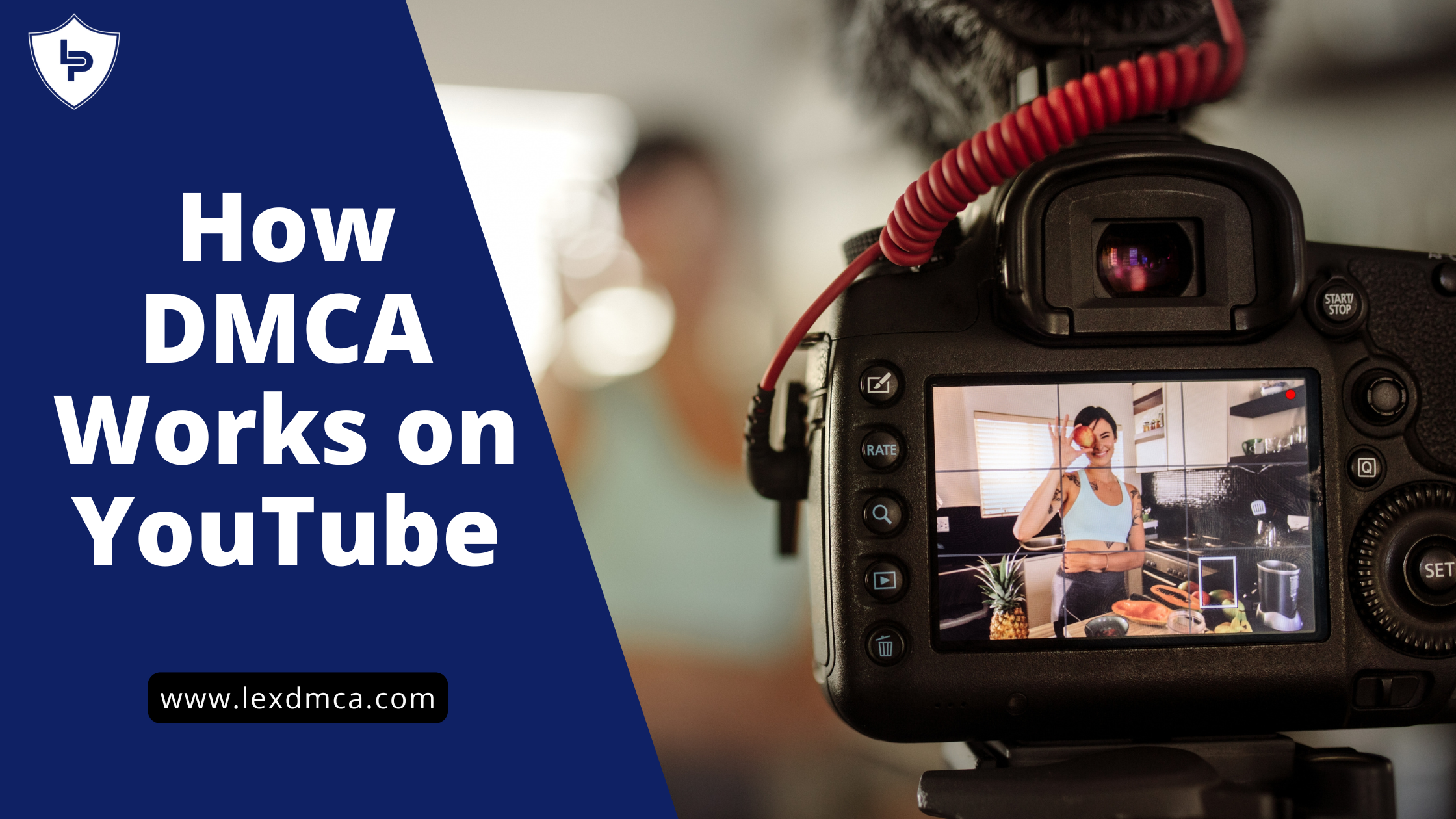How to File a DMCA Takedown Notice: A Step-by-Step Guide
How to File a DMCA Takedown Notice: A Step-by-Step Guide
In today’s digital world, protecting your intellectual property online is crucial. Whether you’re a content creator, artist, or business owner, ensuring your content isn’t unlawfully used by others is vital for maintaining your brand and your rights. One powerful tool at your disposal is the DMCA takedown notice. This guide will walk you through how to file a DMCA takedown notice effectively, ensuring your content remains under your control.
Table of Contents
1. What is a DMCA Takedown Notice?
2. When Should You File a DMCA Takedown Notice?
3. Preparing to File a DMCA Takedown Notice
4. Step-by-Step Guide to Filing a DMCA Takedown Notice
5. What Happens After Filing a DMCA Takedown Notice?
6. FAQs
7. Conclusion
What is a DMCA Takedown Notice?
The Digital Millennium Copyright Act (DMCA) was enacted in 1998 to combat online copyright infringement. A DMCA takedown notice is a formal request to remove copyrighted material from a website or platform. It’s a legal tool designed to protect creators and copyright holders from unauthorized use of their work.
When Should You File a DMCA Takedown Notice?
You should consider filing a DMCA takedown notice if you discover your copyrighted work being used without your permission. This could include text, images, videos, music, or any other form of creative content. Before proceeding, ensure that your claim is legitimate and that you are the rightful owner of the content in question.
Preparing to File a DMCA Takedown Notice
Before filing a DMCA takedown notice, gather all necessary information. This includes:
– Proof of ownership: Ensure you have documentation or evidence that proves you own the copyrighted material. This could be registration details, original drafts, or any other relevant documentation.
– Details of the infringing material: Note the exact location of the infringing content, including URLs, screenshots, and any other identifiers.
– Contact information: Prepare your contact information, as you’ll need to provide this when submitting the notice.
Step-by-Step Guide to Filing a DMCA Takedown Notice
Filing a DMCA takedown notice involves several key steps. Follow this guide to ensure a smooth process:
1. Identify the Host of the Infringing Content
Determine where the infringing content is hosted. This could be a website, social media platform, or another type of online service. You can usually find this information in the website’s footer or contact page.
2. Locate the DMCA Agent
Most websites and platforms have a designated DMCA agent responsible for handling takedown requests. You can typically find this information in the site’s “Terms of Service” or “Copyright” sections.
3. Draft Your DMCA Takedown Notice
Write a clear and concise DMCA takedown notice. Include the following components:
– Your contact information, including your name, address, phone number, and email.
– A description of the copyrighted work you claim has been infringed.
– The exact location or URL of the infringing material.
– A statement that you have a good-faith belief that the use of the material is unauthorized.
– A statement, under penalty of perjury, that the information in the notice is accurate and that you are the copyright owner or authorized to act on behalf of the owner.
– Your electronic or physical signature.
4. Send the Notice
Send your completed DMCA takedown notice to the designated DMCA agent via the method specified by the platform. This could be via email, online form, or postal mail.
What Happens After Filing a DMCA Takedown Notice?
Once your DMCA takedown notice is received, the host or platform will review your request. If your claim is valid, they will typically remove or disable access to the infringing content. The infringer may also receive a copy of your notice and have the opportunity to file a counter-notice if they believe the takedown was unwarranted.
FAQs
Q: How long does it take for infringing content to be removed?
A: The time frame varies by platform. Some may remove content within a few days, while others might take longer.
Q: What if the platform refuses to take down the content?
A: If the platform refuses to comply, you may need to seek legal advice to explore further options, such as litigation.
Q: Can I file a DMCA takedown notice for any type of content?
A: The DMCA applies to copyrighted material. If your content isn’t protected by copyright, a takedown notice may not be applicable.
Conclusion
Filing a DMCA takedown notice can seem daunting, but it’s a powerful tool for protecting your intellectual property online. By following this step-by-step guide, you can ensure your rights are upheld and your content remains under your control. Remember, thorough preparation and accurate documentation are key to a successful takedown process.
Protecting your work is your right, so don’t hesitate to take action when necessary. Stay vigilant, and keep creating!




 +1 888 890 6411
+1 888 890 6411